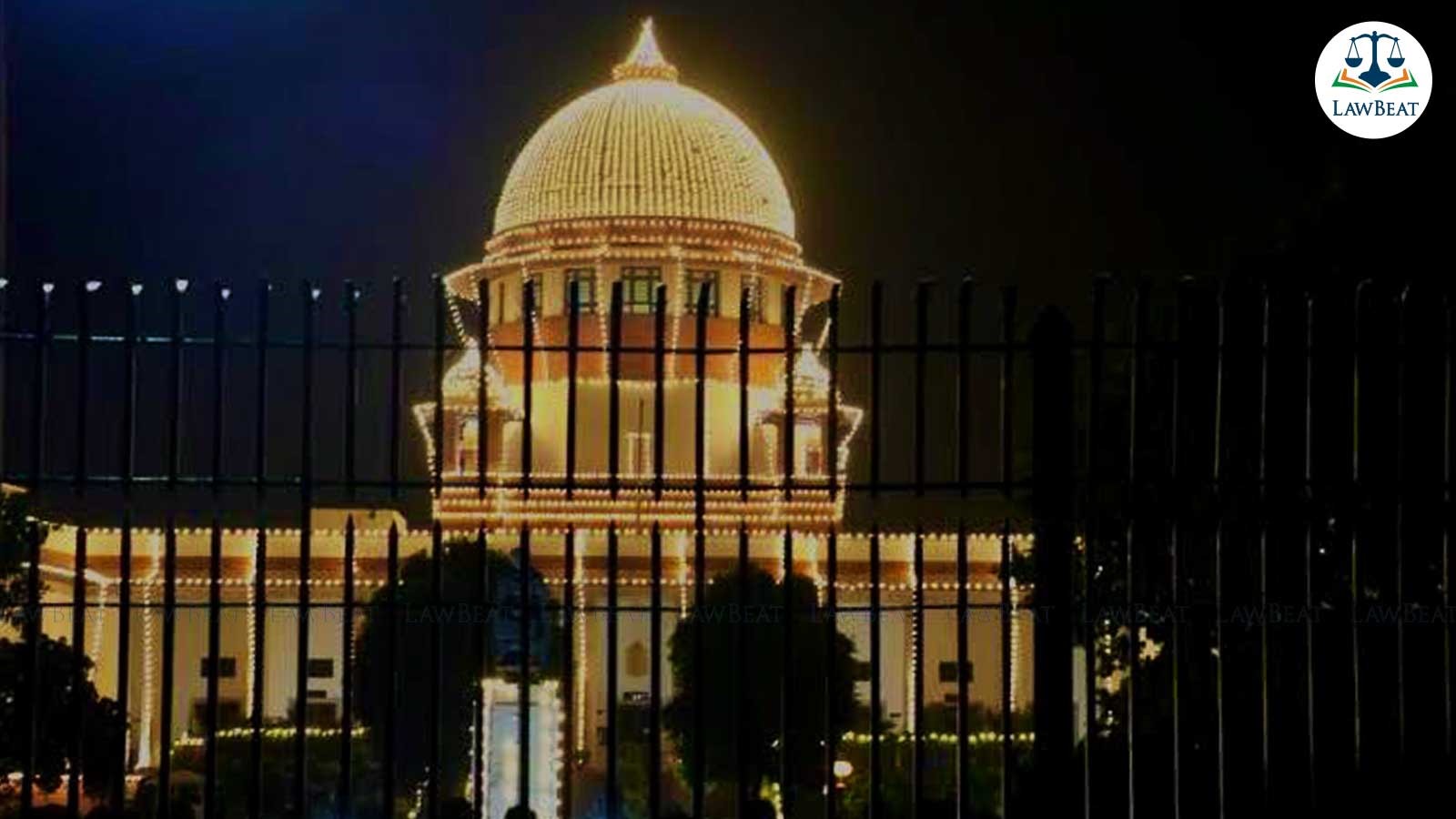'Decision to remove unjust, arbitrary and violative of Article 14,' SC directs Jamia Milia Islamia to reinstate 3 teachers

SC bench set aside the HC's judgments, and directed the University to reinstate the appellants in their respective posts within three months
The Supreme Court has on April 15, 2024 held that the Jamia Milia Islamia University's decision to discontinue services of three teachers, despite regular selection, and to start fresh process for appointment was unjust, arbitrary and violative of Article 14 of the Constitution.
A bench of Justices Abhay S Oka and Pankaj Mithal allowed the appeals filed by Meher Fatima Hussain and two others against the Delhi High Court's decision of April 11, 2023, which rejected their plea in the matter.
After going through the facts of the case, the bench said, "Considering that appellants were appointed after undergoing a regular selection process and they possess relevant qualifications as per the norms of UGC, they should have been continued on the posts merged with the regular establishment of the University instead of adopting the fresh selection procedure."
"In the facts of this case, the University's action of not continuing them and starting a fresh selection process is unjust, arbitrary and violative of Article 14 of the Constitution of India. Therefore, the employment of the appellants will have to be continued after merger," the bench said.
The University, on its part, claimed the appellants' cases are of backdoor entry, and hence, they cannot be regularised in service. Its counsel also pointed out that show cause notice of misconduct was also issued to them, and a three-member committee headed by a retired Judge of the High Court found that there was prima facie evidence of misconduct against the appellants and recommended that a regular Disciplinary Committee may be set up to hold an enquiry.
He pointed out that the same committee recommended that after the merger, a fresh procedure of the appointment process needs to be conducted. The Executive Council of the University accepted the recommendation of the three-member committee on both aspects.
The counsel also pointed out that the appointment of the three appellants with Sarojini Naidu Centre was not permanent, and as mentioned in the letters of appointment, the appointments were made on tenure post till the XII plan period or till the scheme lasts. Therefore, after UGC permitted the merger of the posts in the Sarojini Naidu Centre with the regular establishment, a fresh procedure for selection had to be carried out.
The court, however, noted the appellants' appointments in December 2016 were made according to a regular selection process commenced based on an advertisement issued in July 2016 and the selection committee conducted a regular selection process. There is no dispute that the appellants hold qualifications prescribed by the UGC for the posts on which they were appointed in December 2016, it pointed out.
"Much capital was made of the fact that the letters of appointment mentioned that the posts were tenure posts till the XII Plan period or till the scheme lasted. We may note that nothing has been placed on record showing that the scheme expired. Moreover, the appellants should have been continued after the merger, as suggested by the UGC," the bench said.
With regard to the committee appointed by the University headed by the retired High Court Judge, which recommended initiating a Disciplinary Enquiry against the appellants, the bench said, "Notwithstanding this judgment, it will always be open for the University to proceed with the Disciplinary Enquiry subject to all just objections by the appellants."
The court set aside the HC's judgments, and directed the University to reinstate the appellants in their respective posts within three months.
"Though the appellants shall be entitled to continuity in service and other consequential benefits, they will not be entitled to pay and allowances for the period for which they have not worked," the bench clarified.
The court noted the appointments, if any, made by the University under the subsequent advertisement in September 2020 on the posts held by the appellants were explicitly subject to the outcome of these petitions, therefore, the appointees, if any, on the relevant posts cannot claim any equity.
"If any teacher has been appointed in the posts held by the appellants, the University shall consider whether they can be accommodated in the vacant posts, if any, in accordance with the law," the bench said.
